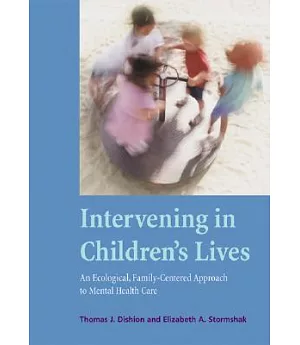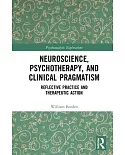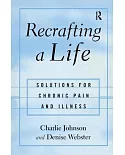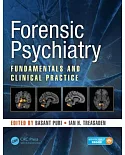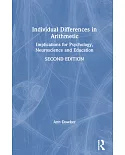Thomas J. Dishion and Elizabeth A. Stormshak describe their family-centered, ecological approach, which engages children, adolescents, and their families; may be used as a periodic preventive
checkup and as a more intensive intervention; and may be delivered in community settings such as schools in order to have the greatest public health impact. The authors demonstrate how they
examine psychopathology in children and adolescents in the context of the ecology (families, peer groups, communities, and schools) in which they live. They present their empirically derived
approach and illustrate how developmentally and culturally relevant interventions are shaped. An ecological approach works within a health maintenance teamwork. Given individual variation in
vulnerability to environmental stress, periodic assessments and interventions are used to prevent, treat, or reduce harm associated with problem behavior and emotional distress. The literature
reveals promising findings, in that the highest-risk youth are more likely to respond well to ecologically based interventions.

